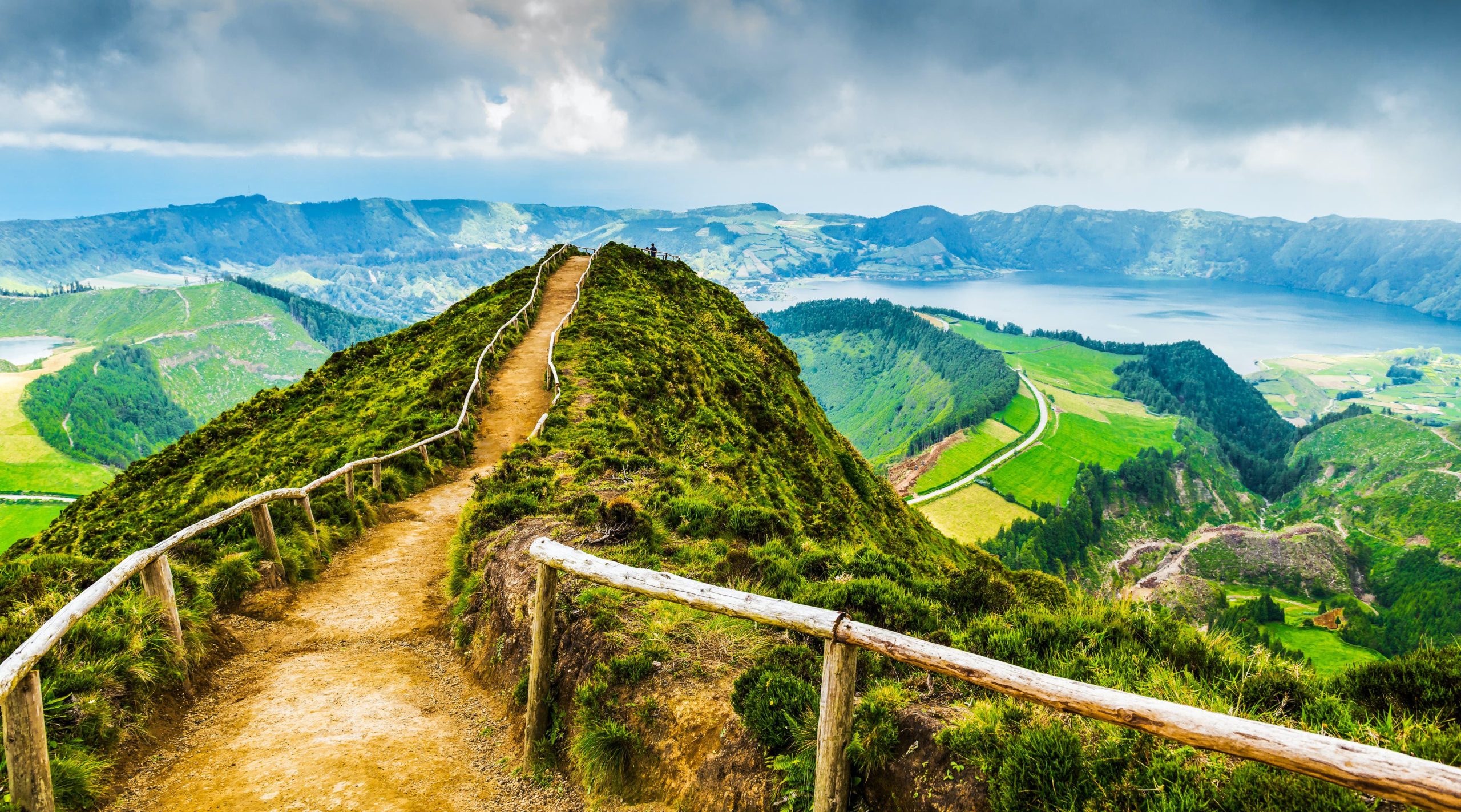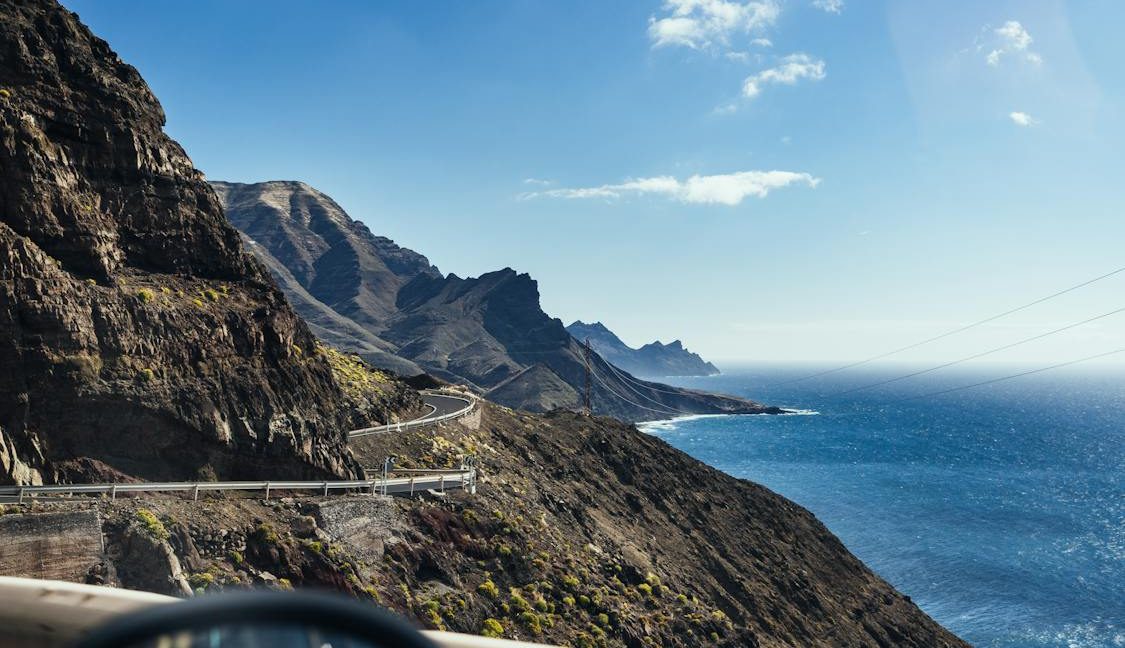Azores – Geographies of Migration
On this Page
This program is now closed
About the program
The cross-border movement of populations is not a phenomenon unique to our contemporary world. However, in the last decades of the 20th century and in the first decade of the 21st century, goods, information, services, financial capital, and human beings have been moving across national borders at a level unprecedented in human history.
The present refugee crisis facing the world as a whole but the European Union — as a major “reception area” for refugees from different parts of the world, including the Middle East and Africa — in particular, makes Western Europe, including Spain and Portugal, excellent “social laboratories” to study geographies of migration and settlement.
This course provides a broad introduction to the multiple aspects of international population movements in the modern world. Particular attention is paid to the analysis of international regimes regulating migration, “voluntary” and “involuntary/forced” migration; changes in global demographics, immigration policies of nation states, international migration patterns, settlement policies and the imprint of (legal and illegal) immigration in European and African cities and the future of migration in Europe (reception areas of migration) and the Middle East and Africa (sending regions/countries of immigrants and refugees). Case studies of specific immigration policies and settlement services to immigrants and refugees will be drawn mainly from the experience of Western European countries, including the Azores (Portugal) and the Canary Islands (Spain).
General Timeline
Teaching Dates: May 13-31, 2024
Arrival: May 12, 2024
First half of program: Canary Islands, Spain (Island of Gran Canaria, City of Las Palmas) – Visit to the historical town, museums and local neighbourhoods/districts. Also we will attend meetings/workshops at government and NGOs as well as at a local university (Universidad de Las Palmas de Gran Canaria) dealing with migration and population issues in the Canary islands/Spain as well as in Africa.
Second half of program: Autonomous Region of Azores, Portugal (Island of Sao Miguel, City of Ponta Delgada) – Visits to museums (e.g., Azorean Immigration Museum) and local neighbourhoods/districts. Also we will attend meetings/workshops at government (e.g., Regional Department for Azorean Communities abroad [D.R.C.] and NGOs (e.g., AIPA and ARRISCA) as well as at the local university (University of Azores) dealing with migration and population issues, including immigration policies and settlement services to immigrants and deportees (Azoreans who left the islands for USA and Canada at a young age and then were deported to the islands).
Program Fees
Program fees: $3,300-$3,700.
*The final program fee depends on the number of students in the program.
Note: The program fee will be offset by $1,000 for UBC students
| Included in program fee | Not included in program fee |
|
|
Coursework
GEOG 353* (3) Geographies of Migration
*If you have taken GEOG 353 at UBC Okanagan already and are interested in taking part in this course, please reach out to Go Global.
Program Director Bio
 Dr. Teixeira specializes in urban and social geography with an emphasis on migration processes; community formation, housing, and neighborhood change; ethnic entrepreneurship and the social structure of Canadian cities; gentrification; racialization in the city; class segregation; urban form.
Dr. Teixeira specializes in urban and social geography with an emphasis on migration processes; community formation, housing, and neighborhood change; ethnic entrepreneurship and the social structure of Canadian cities; gentrification; racialization in the city; class segregation; urban form.
This is his 5th Global Seminar with UBC Okanagan and is passionate about experiential education. He has taken groups of students to the Azores, Canary Islands, mainland Portugal, Spain, Morocco, Romania, Bulgaria, and Brazil.

